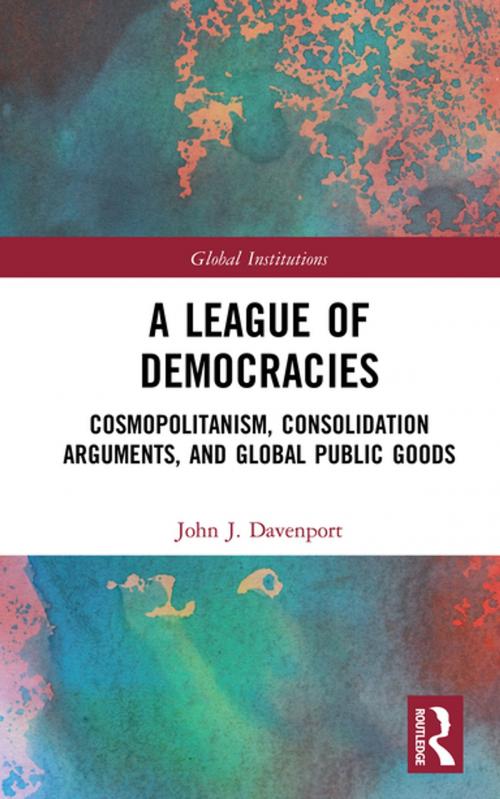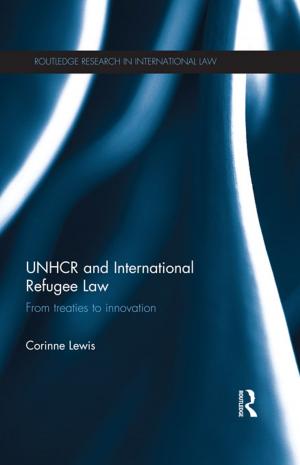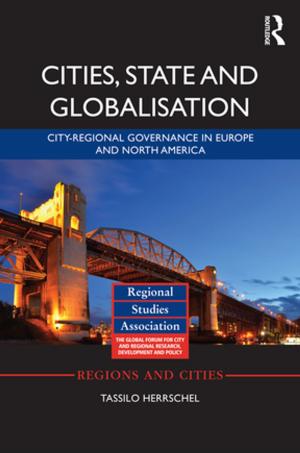A League of Democracies
Cosmopolitanism, Consolidation Arguments, and Global Public Goods
Nonfiction, Social & Cultural Studies, Political Science, International, Treaties, International Relations| Author: | John J. Davenport | ISBN: | 9781351050012 |
| Publisher: | Taylor and Francis | Publication: | December 7, 2018 |
| Imprint: | Routledge | Language: | English |
| Author: | John J. Davenport |
| ISBN: | 9781351050012 |
| Publisher: | Taylor and Francis |
| Publication: | December 7, 2018 |
| Imprint: | Routledge |
| Language: | English |
In the 21st century, as the peoples of the world grow more closely tied together, the question of real transnational government will finally have to be faced.
The end of the Cold War has not brought the peace, freedom from atrocities, and decline of tyranny for which we hoped. It is also clearer now that problems like economic risks, tax havens, and environmental degradation arising with global markets are far outstripping the governance capacities of our 20th century system of distinct nation-states, even when they try to work together through intergovernmental agreements and organized bureaucracies of specialists.
This work defends a cosmopolitan approach to global justice by arguing for new ways to combine the strengths of democratic nations in order to prevent mass atrocities and to secure other global public goods (GPGs). While protecting cultural pluralism, Davenport argues that a Democratic League would provide a legal order capable of uniting the strength and inspiring moral vision of democratic nations to improve international security, stop mass atrocities, assist developing nations in overcoming corruption and poverty, and, in time, potentially address other global challenges in finance, environmental sustainability, stable food supplies, immigration, and so on.
This work will be of great interest to students and scholars of international relations, international organizations, philosophy and global justice.
In the 21st century, as the peoples of the world grow more closely tied together, the question of real transnational government will finally have to be faced.
The end of the Cold War has not brought the peace, freedom from atrocities, and decline of tyranny for which we hoped. It is also clearer now that problems like economic risks, tax havens, and environmental degradation arising with global markets are far outstripping the governance capacities of our 20th century system of distinct nation-states, even when they try to work together through intergovernmental agreements and organized bureaucracies of specialists.
This work defends a cosmopolitan approach to global justice by arguing for new ways to combine the strengths of democratic nations in order to prevent mass atrocities and to secure other global public goods (GPGs). While protecting cultural pluralism, Davenport argues that a Democratic League would provide a legal order capable of uniting the strength and inspiring moral vision of democratic nations to improve international security, stop mass atrocities, assist developing nations in overcoming corruption and poverty, and, in time, potentially address other global challenges in finance, environmental sustainability, stable food supplies, immigration, and so on.
This work will be of great interest to students and scholars of international relations, international organizations, philosophy and global justice.















